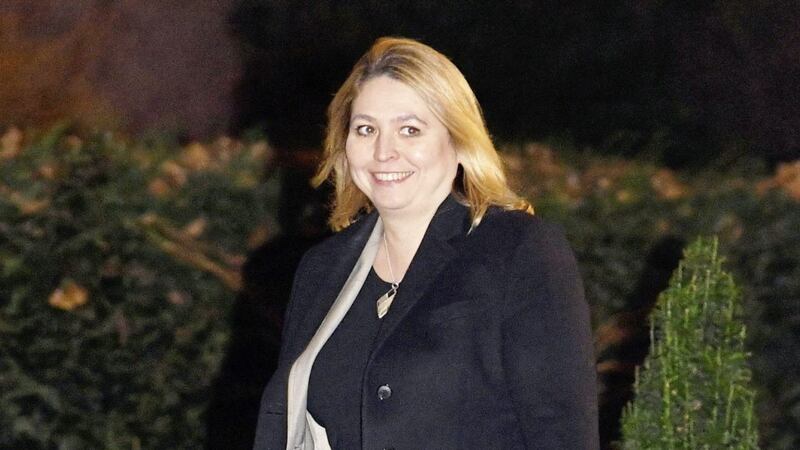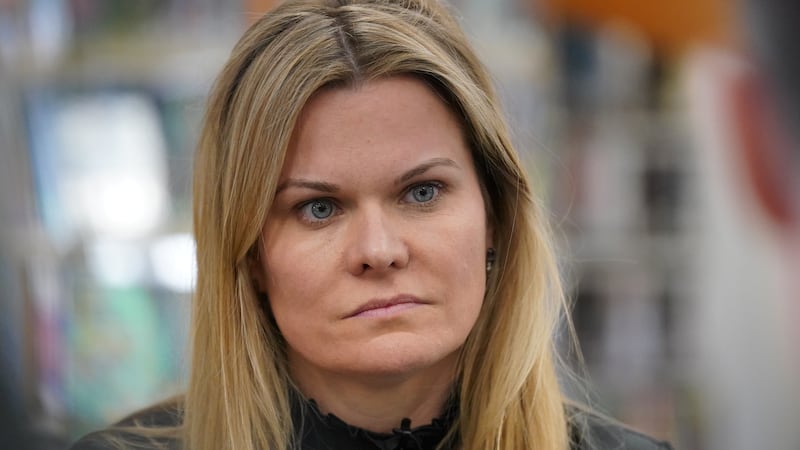The days of big personalities like Mo Mowlam or Peter Brooke being given the secretary of state's post look to be a thing of the past.
Politicians these days are generally a different breed – anodyne and cautious; scripted and media trained. In many ways, it was inevitable that James Brokenshire's successor would be an 'unknown' because beyond a handful of Tory frontbenchers, the party's 330 MPs are pretty anonymous, even to a large proportion of their own constituents.
And so the latest 'proconsul' for our own Brian Feeney to take aim at is Karen Bradley, previously Minister for Culture Media and Sport.
Like her predecessor, Ms Bradley (47) supported the UK's continued membership of the EU but says she now accepts the British people's will to break ties with Brussels.
Accordingly, in her first statement as secretary of state she continued with the same dissonant tone that has characterised the British government's paradoxical approach to leaving the EU.
Ms Bradley wants a Brexit "that recognises Northern Ireland’s unique circumstances" yet avoids a hard border, while at the same time "maintaining the economic and constitutional integrity of the United Kingdom". Why not throw in a request for a herd of unicorns while you're at it?
But as James Brokenshire demonstrated, the secretary of state has little actual influence over Brexit, a policy that looks much more likely to evolve over years in response to reality rather emerging fully formed from a series of glib and contradictory aspirations.
It is perhaps better therefore that Ms Bradley is focused on matters where she can arguably dictate the direction of travel, such as helping to restore devolution.
The new secretary of state will appear ostensibly to have the region's best interests at heart and talk of delivering "for the benefit of all". However, her government's confidence and supply deal with the DUP means the reality is somewhat different.
The Tories have always had natural unionist sympathies but the current expedient arrangements mean the DUP tail is effectively wagging the Downing Street dog, so any effort from a Northern Ireland Office minister to broker compromise will inevitably prove lopsided.
But then any hope that a change of face would signal a change of approach was always misplaced, as it seems ideas on how to inject fresh dynamism into the political process are rarer than a charismatic secretary of state.
Ms Bradley may well be the one who in the coming weeks plays to the populist gallery by cutting MLAs' pay as an apparent incentive for them to strike a deal but don't expect that move to yield political dividends any time soon.
It may be unfair to write-off the new secretary of state before she has even set foot in Belfast yet it's difficult to imagine she'll be any different from her two previous predecessors, who ably demonstrated that the job demands little more than a relatively thick skin, a degree of pigheadedness and blandness in abundance.








